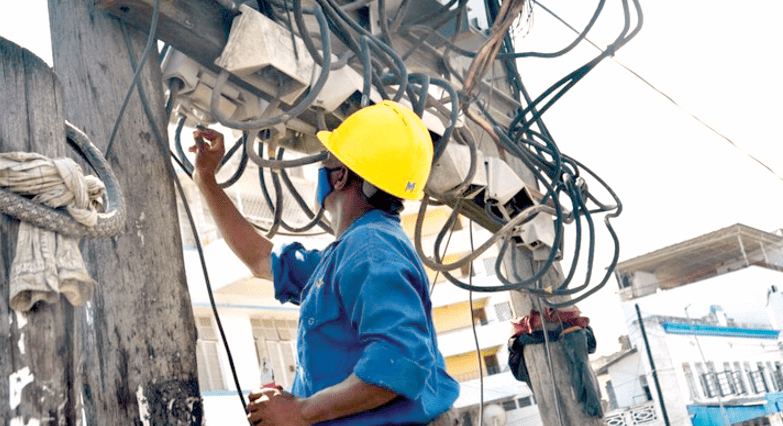Higher power costs bad for families, economy

Claims of a 30 per cent increase in electricity costs in Kenya due to wayleave charges are not only alarming but must be seen as a move that could have far-reaching economic consequences for Kenyans and trade in the country.
Kenya Power’s warning that the cost of electricity may surge if counties impose wayleave fees on power infrastructure raises critical concerns about affordability and the broader impact on the cost of living.
Because electricity is a fundamental driver of economic activity, affecting both households and businesses, such a move could plunge the economy into the doldrums that it has been avoiding for years.
Such a sharp increase in tariffs would not only burden consumers but also disrupt industries that rely on stable and affordable power. The ripple effect would ultimately erode the gains made in controlling inflation and stabilising the economy.
Small businesses, manufacturers, and the agricultural sector – already grappling with high operational costs – could see their expenses rise further, leading to higher prices for goods and services.
The ongoing dispute between Kenya Power and Nairobi County has seen the county argue that the utility company should pay for wayleave fees, but the implications of such charges on consumers cannot be ignored.
If power lines, which have been in place for decades, suddenly become subject to new levies, then ordinary Kenyans will be the ones to bear the cost. Given that electricity pricing already incorporates various pass-through charges, adding wayleave fees could make power unaffordable for many households.
Furthermore, the standoff between Kenya Power and Nairobi County, which saw electricity disconnections and retaliatory water supply cuts, underscores the need for structured negotiations rather than confrontational tactics.
Essential services should never be weaponised in political or financial disputes, as this only worsens the situation for ordinary citizens. If counties believe Kenya Power has been unfairly profiting from leasing its infrastructure to internet service providers, then this matter should be addressed through legal and regulatory frameworks rather than punitive measures.
With the recent decline in electricity costs due to a strengthening shilling and lower base tariffs, introducing new charges now would reverse these gains.
Policymakers must prioritise sustainable dispute resolution that involves stakeholders, has legal clarity, and is balanced to ensures power remains accessible to all Kenyans.















